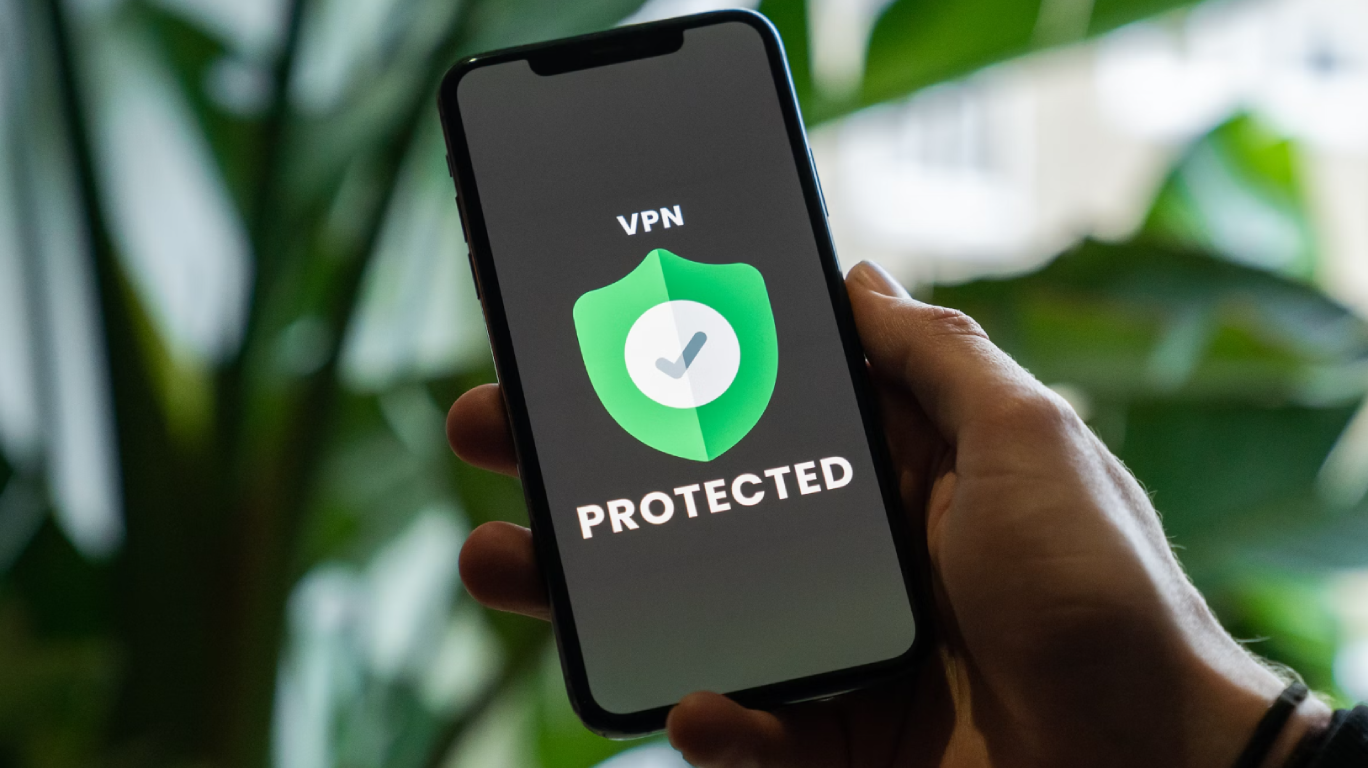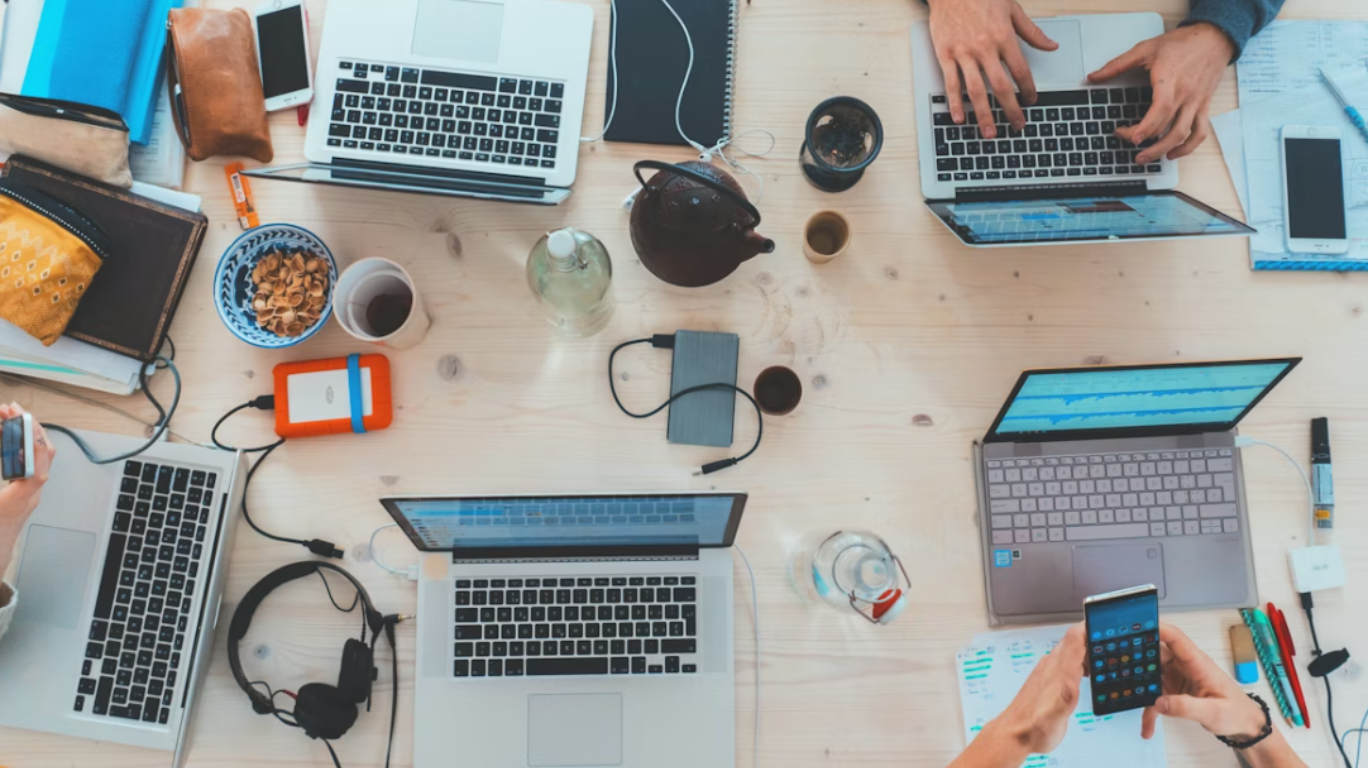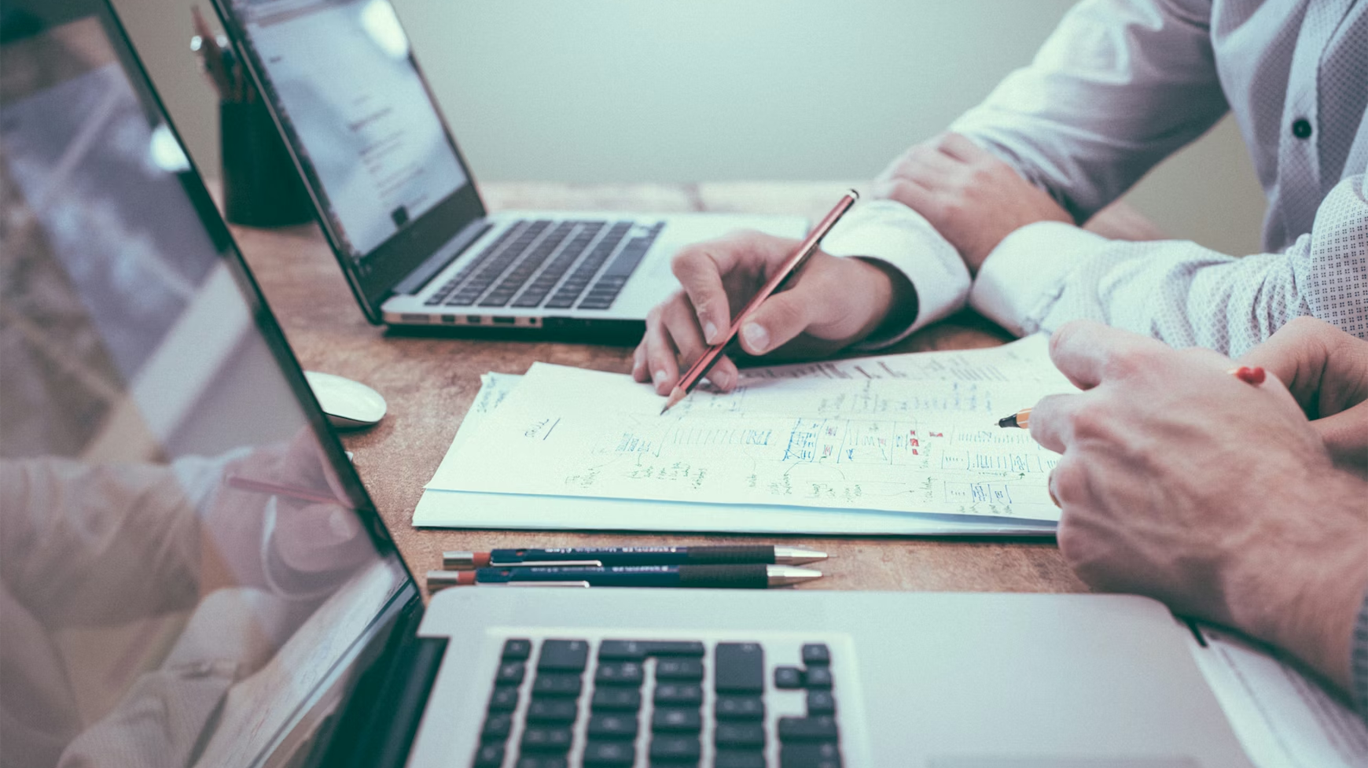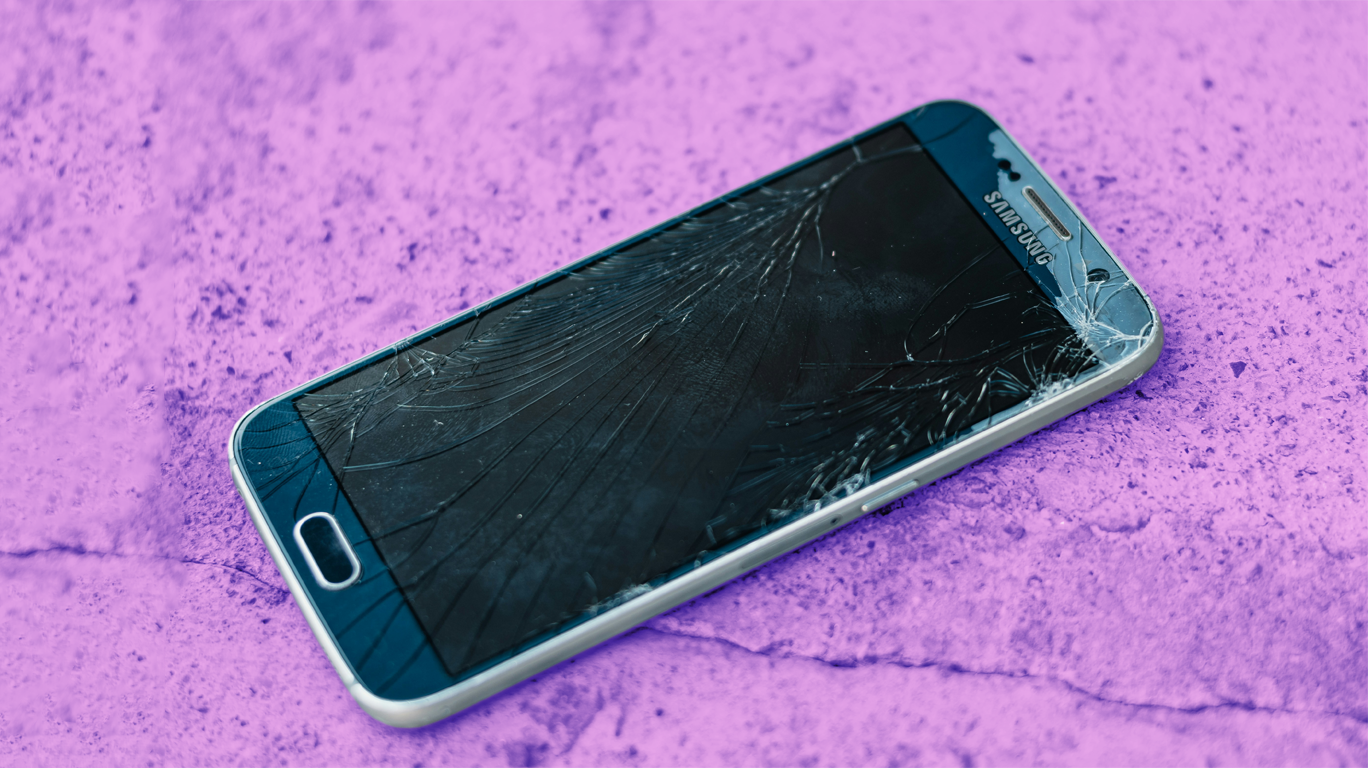Unlocking the Power of VPNs: Your Ultimate Guide to Online Privacy and Protection
 In today’s digital age, privacy and security online are more important than ever. With cyber threats lurking around every corner and our personal data being more exposed than we might realise, it’s essential to take steps to safeguard our online lives. One tool that has grown in popularity and importance is a VPN—but what exactly is it, and how can it help you? Let’s dive in.
In today’s digital age, privacy and security online are more important than ever. With cyber threats lurking around every corner and our personal data being more exposed than we might realise, it’s essential to take steps to safeguard our online lives. One tool that has grown in popularity and importance is a VPN—but what exactly is it, and how can it help you? Let’s dive in.
What is a VPN?
A VPN (Virtual Private Network) is a service that creates a secure connection between your device and the internet. Think of it as a private tunnel that routes your internet traffic through a secure server, hiding your data and protecting your online activities from prying eyes. This means that when you’re connected to a VPN, your internet service provider (ISP), hackers, and even certain websites can’t see what you’re up to.
VPNs were originally used by businesses to allow remote workers to securely access their company’s network. However, over time, individuals have adopted them for personal use, thanks to the added layers of security and privacy they offer.
How does a VPN work?
When you use a VPN, your internet traffic is encrypted, meaning it’s turned into an unreadable format that can’t be intercepted. This encryption happens between your device (laptop, phone, tablet, etc.) and the VPN server, making it incredibly hard for anyone to see what you’re doing online.
Additionally, your IP address—the unique number that identifies your device on the internet—is masked. Instead of your actual IP address being shown, the website or service you’re accessing will only see the IP address of the VPN server you're connected to. This adds an extra layer of anonymity.
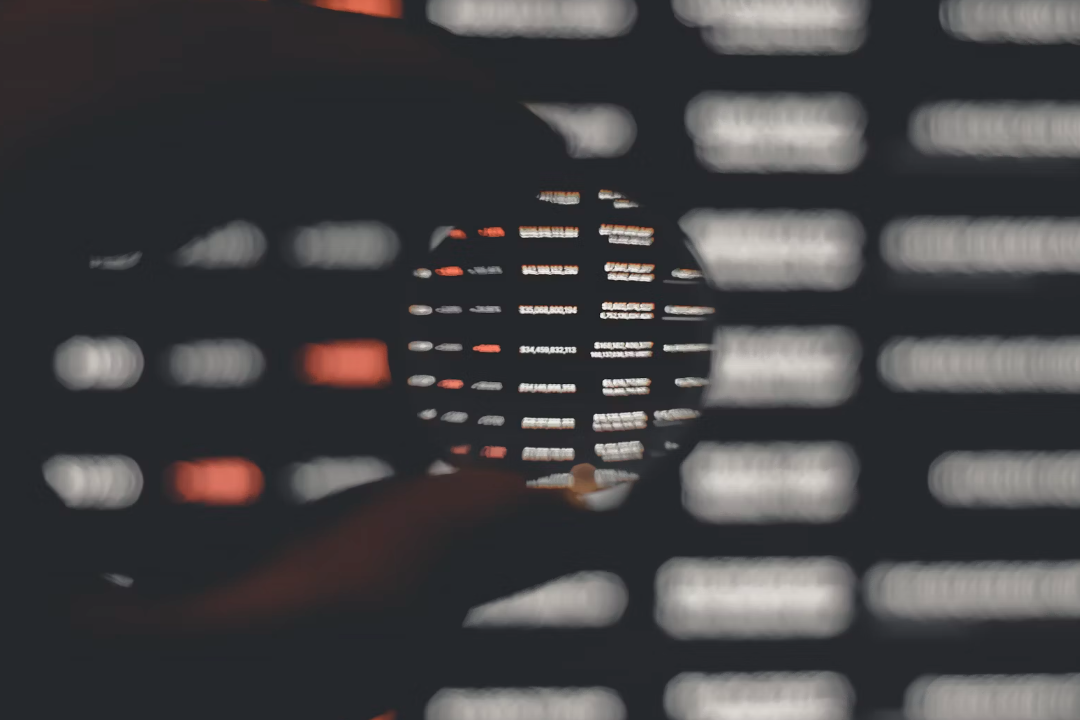
Why should you use a VPN?
There are a number of reasons why you might want to use a VPN in your everyday internet use. Let’s break it down:
Enhanced privacy
With a VPN, your online activity is private. Whether you’re browsing, shopping, or sending emails, your data is encrypted, so your browsing history is hidden from hackers, advertisers, and even your own internet service provider. This means you’re not bombarded with ads based on your browsing habits or targeted for things you don’t want.
Bypass geo-restrictions
Ever tried to access a show on Netflix, but it’s unavailable in your region? Or wanted to browse a website but found it blocked in your country? A VPN can help you bypass these geo-restrictions. By connecting to a VPN server in a different country, you can access content as if you’re browsing from that location. It’s like having a virtual passport to the internet!
Secure public Wi-Fi
Public Wi-Fi networks—like those in cafes or airports—are notoriously insecure. Hackers can easily intercept your data on these networks, putting your personal information at risk. With a VPN, even on a public Wi-Fi connection, your data is encrypted and secure from prying eyes.
Avoid tracking and surveillance
Many websites and online services track your behaviour across the internet, building profiles to target you with ads. In some countries, government surveillance of online activity is widespread. By masking your IP address and encrypting your traffic, a VPN helps you avoid this kind of monitoring, giving you more control over your digital footprint.
Bypass censorship
In some countries, the government heavily censors the internet, blocking access to news, social media, and other websites. A VPN can help bypass these blocks, allowing you to access the full range of content available online, no matter where you are.
What can’t a VPN do?
While a VPN offers numerous benefits, it’s important to note that it isn’t a one-stop solution for all online security needs. Here are a few things a VPN won’t do:
Prevent all cyberattacks
While it makes it harder for hackers to access your data, a VPN won’t stop viruses, malware, or phishing attacks. You still need robust antivirus software and safe browsing habits.
Guarantee absolute anonymity
While a VPN hides your IP address, other data (like your login information) can still be tracked by websites if you’re not careful. Using additional privacy tools, such as a privacy-focused browser and enabling two-factor authentication, will bolster your online security.
Speed up your internet
Some VPNs can cause your internet speed to slow down, especially if you’re connecting to a server far from your physical location. However, many premium VPN services are designed to minimise this impact.
Choosing the right VPN for you
With so many VPN providers on the market, choosing the right one can be overwhelming. Here are a few things to consider:
Security features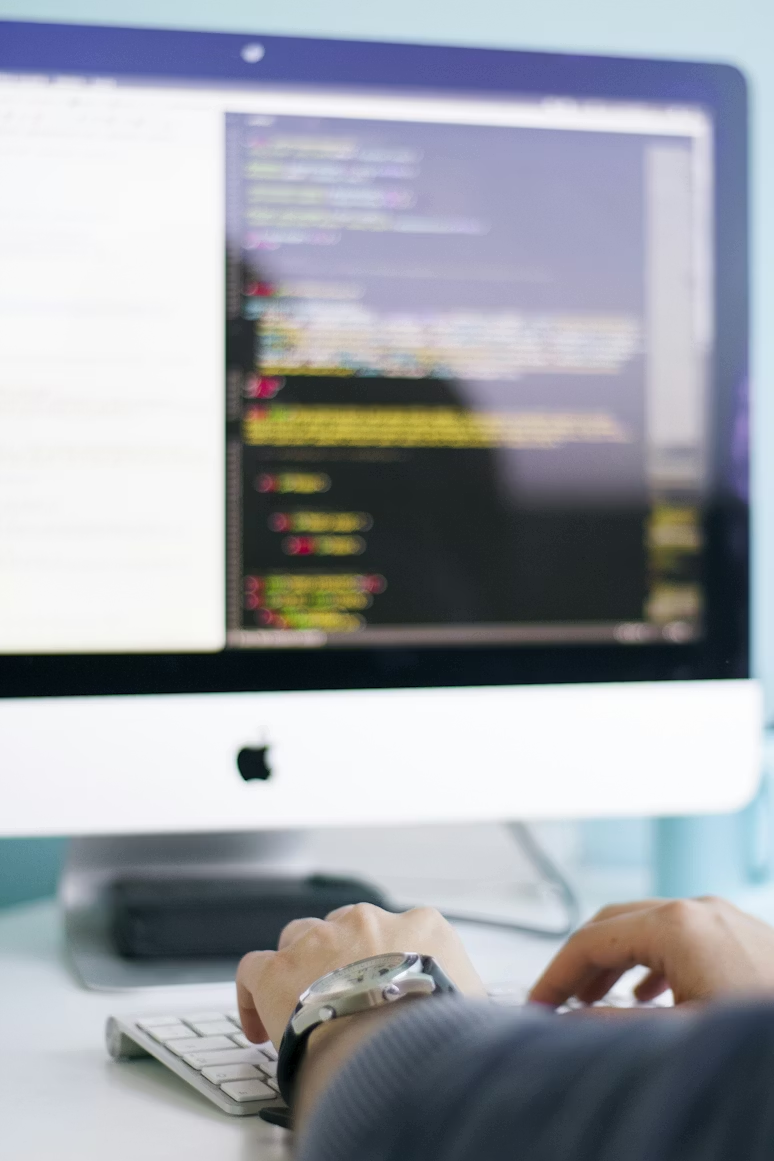
Look for a VPN with strong encryption, a no-logs policy (which means they don’t keep records of your activities), and additional features like a kill switch that disconnects you if the VPN connection drops.
Speed
If you’re streaming videos, gaming, or working with large files, speed is important. Check reviews to see which VPNs offer the fastest speeds without compromising security.
Compatibility
Ensure the VPN you choose works on all your devices (smartphones, laptops, etc.) and supports the operating systems you use.
Price
While there are free VPNs available, they often come with limitations, such as fewer server locations or weaker encryption. Paid VPN services tend to offer better speeds, security, and customer support.
Final thoughts
In an age where online privacy is increasingly threatened, a VPN is a valuable tool for safeguarding your digital life. Whether you’re looking to protect your personal data, bypass censorship, or access geo-restricted content, a VPN can help you do all this and more. However, it’s important to remember that it’s just one piece of the puzzle when it comes to online security. Combined with good security practices, a VPN is an essential tool for protecting your privacy in an increasingly interconnected world.
